Viktoriya Plakhta, the coordinator of the Ivano-Frankivsk Journalists’ Solidarity Center (JSC) of the National Union of Journalists of Ukraine (NUJU), spoke online with journalist and poetess from Kherson, founder of Poetychna Shafa and author of the book Occupation Aliyona Movchan.
How do Aliyona and her colleagues in Kherson withstand such constant tension when the city is under constant shelling?
“Yes, our city is really under constant shelling – it is less than three kilometers from the Kherson embankment across the Dnieper River to the temporarily occupied left bank,” says Aliyona Movchan. “Yes, the enemy fires every day and every night with various types of weapons, and sometimes, there is no time even to fall to the ground. Yes, every day is a challenge to fate and yourself because you cannot do without panic attacks and bad thoughts. Therefore, living and working in Kherson now is always a risk. But the unity of people and the invincibility of the environment is inspiring. We stimulate each other to live; we become a big family in a small town. We learn to take care of our safety, we learn new useful skills that can come in handy at any time. And we also teach others to save their lives and those around them.”
Aliyona told two stories from her life in Kherson.
“I read a book at night and hear some skirmish. My husband is on shift. The child, 2.5-year-old Dobromyr, does not sleep – he goes to bed late. My son reacts to loud sounds and runs to my arms. I panic: “Is this a subversive group or what? What should I do? My husband is on shift, there is no car, should we walk to Mykolayiv? Then I hear a Shahed flying over the house. “Ah, it’s just a drone, son.” I will read further. The baby falls asleep. Our russian Shaheds are being shot down one by one.”
Another story is this.
“We play every evening at my son’s favorite playground. My husband was on shift again. I was thinking: “Should I go to the playground, or should I go to congratulate my friend Nataliya on her birthday, which was back in the spring? We decide to go to Nataliya. At the time when we were about to drive up to the site, something flew by. Unfortunately, a 25-year-old boy was injured…”
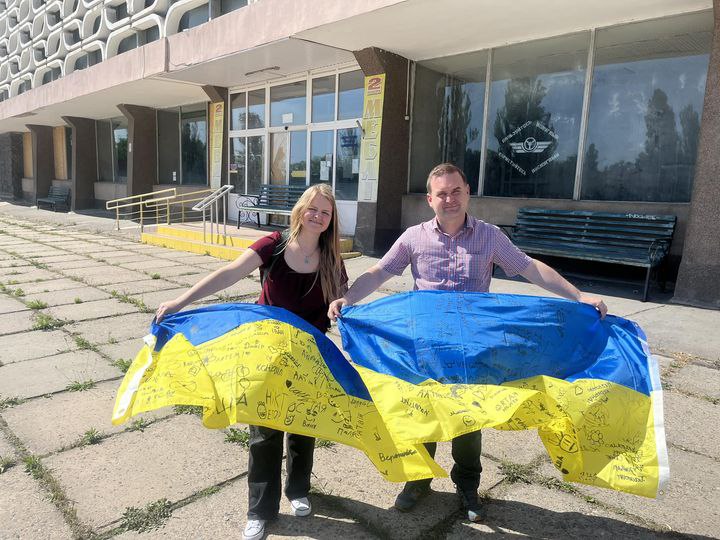
The media person notes that no matter what, only in Kherson does she stand firmly on her feet, feel herself in her life, and have the inspiration to move and work.
“Despite everything, life in Kherson is not as terrible as it seems to those who are not in Kherson because coffee shops are opened here, businesses are created, children are born, families are registered,” the journalist notes…
Call the Ivano-Frankivsk JSC at 066 677 0726 (Viktoriya Plakhta, the Ivano-Frankivsk JSC coordinator). The Center’s address is 25 Sichovykh Striltsiv Street.
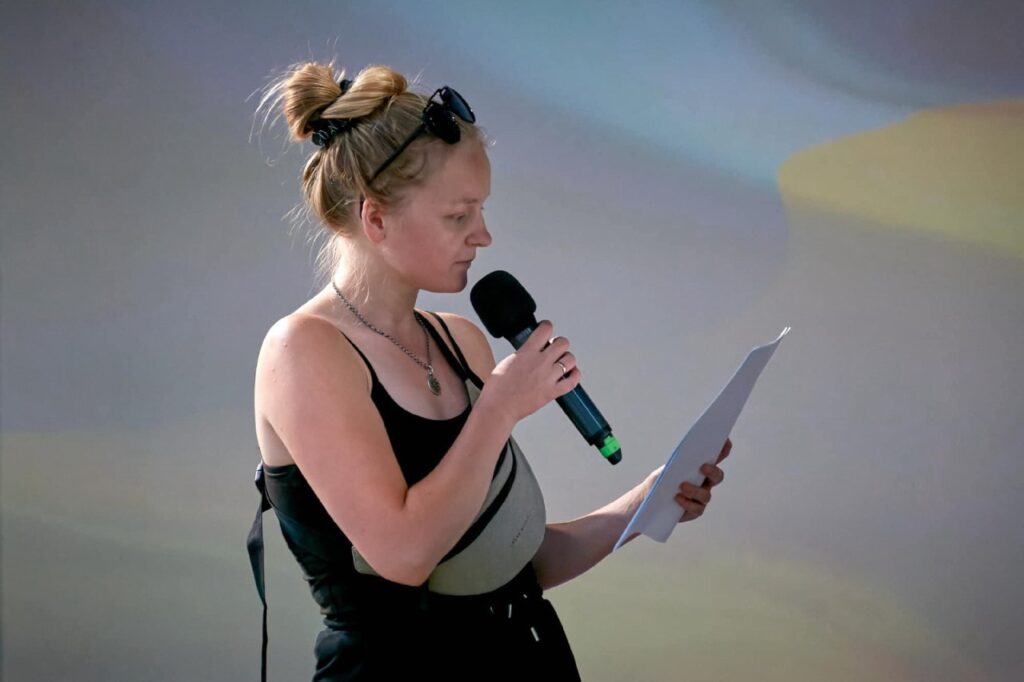
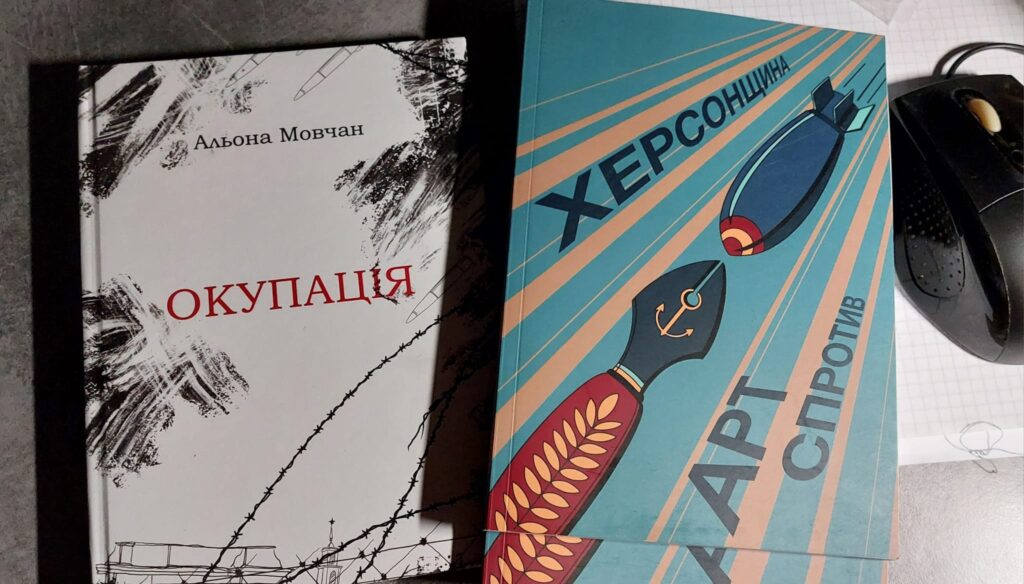
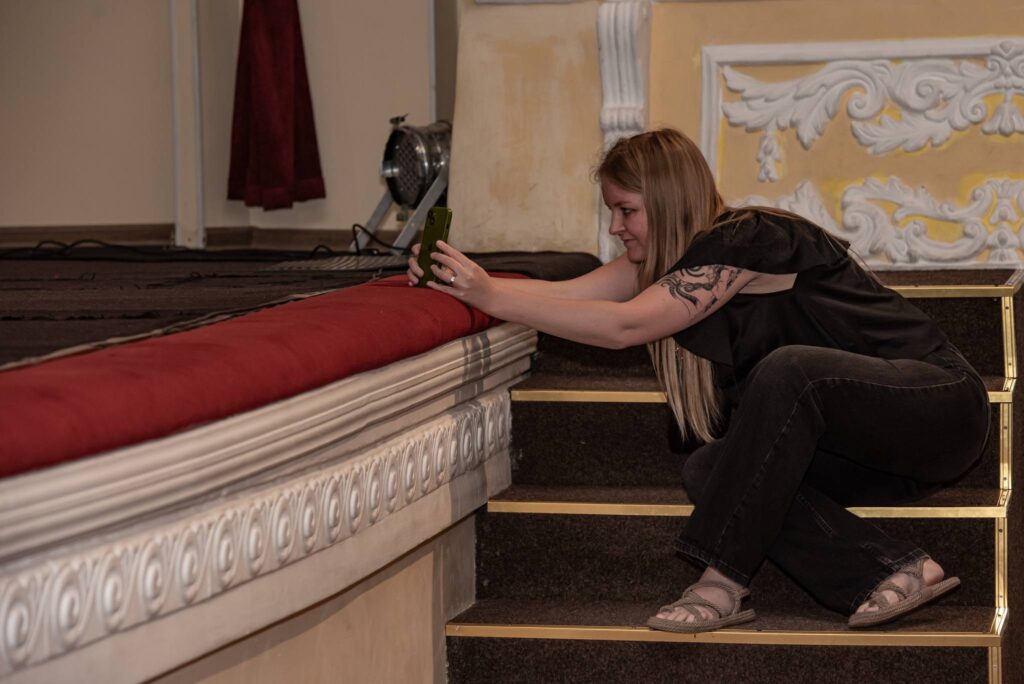
ABOUT JSC
The Journalists’ Solidarity Centers is an initiative of the NUJU implemented with the support of the International and European Federations of Journalists and UNESCO. The initiative is designated to help media representatives working in Ukraine during the war. The Centers operate in Kyiv, Lviv, Ivano-Frankivsk, Chernivtsi, Zaporizhzhia, and Dnipro and provide journalists with organizational, technical, legal, psychological, and other types of assistance.
ABOUT UNESCO
UNESCO is the United Nations Educational, Scientific, and Cultural Organization. It contributes to peace and security by promoting international cooperation in education, sciences, culture, communication, and information. UNESCO promotes knowledge sharing and the free flow of ideas to accelerate mutual understanding. It is the coordinator of the UN Action Plan on the Safety of Journalists and the Issue of Impunity, which aims to create a free and safe environment for journalists and media workers, thus strengthening peace, democracy, and sustainable development worldwide. UNESCO is working closely with its partner organizations in Ukraine to provide support to journalists on the ground.
The designations employed and the presentation of material throughout this digest do not imply the expression of any opinion whatsoever on the part of UNESCO concerning the legal status of any country, territory, city, or area or its authorities or concerning the delimitation of its frontiers or boundaries.
The authors are responsible for the choice and the presentation of the facts contained in this digest and for the opinions expressed therein, which are not necessarily those of UNESCO and do not commit to the organization.
Viktoriya Plakhta

 THE NATIONAL UNION OF
JOURNALISTS OF UKRAINE
THE NATIONAL UNION OF
JOURNALISTS OF UKRAINE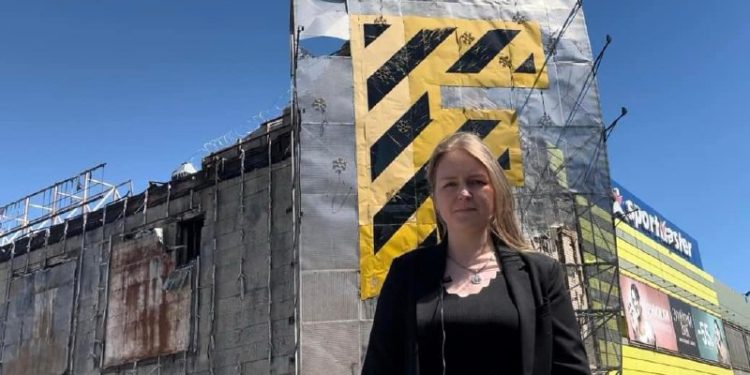
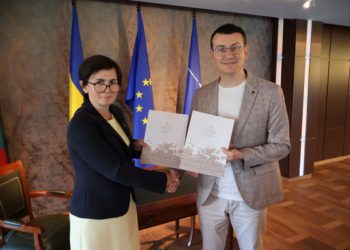
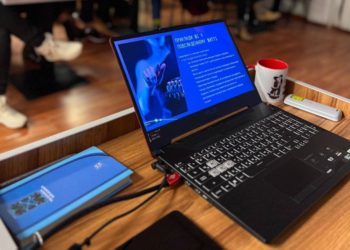














Discussion about this post